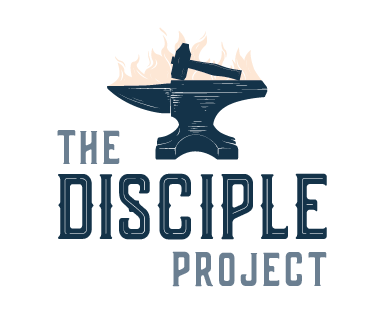This may be the most important interview I have done on this podcast because of the times we live in. Crisis seems to be an everyday event in the life of a teen, but Jim Hancock is here to share how we can help them through it. Check out Jim’s one page Crisis Sheets at www.tinycompanycalledme.com
Here are my questions and Jim’s annotated answers.
What’s the difference between everyday crisis in the life of a teenager and crisis that has far reaching implications.
If a person’s normal routine is disrupted by an event or experience
Adjustment crisis – Moving crisis, friend moves away, new youth pastor, break up, etc.
Chronic Crisis – Eating disorders, things that pop up over and over.
Acute Crisis – Needs attention right now. Suicide, etc.
No one can function normally when they are in a crisis.
Are we (youth workers, parents, etc) too dismissive?
The signals are clear, but we’re not paying attention to the verbal or non-verbal clues.
People’s daily lives are not disrupted, long term, due to phases or stages.
The most important time of our youth meeting is the 30 minutes before your youth meeting and the 30 minutes after.
We must develop our peripheral vision and watch for someone who wants to engage with us and make a quick connection.
What are some basic steps youth workers can take to approach a crisis?
It starts with acknowledging “we are not counselors.”
We are not the master, we are the sensei, one who is further along.
We should not take crisis personally. It is not a reflection on us.
Listening is the most important skill we have.
The presenting problem is not always the real problem. We see someone angry but the real problem is fear.
The second most important skill is assessing. Looking at all the variables to assess the threat involved. Ask good questions.
Referral is our next step when it is our beyond our ability. Who can help this person more than me? Have a list of people who you can call.
Police, parents, counselors, etc. Are they safe (kid friendly) to introduce kids to?
When should youth workers call the authorities into a situation?
One of the issues in organizations (police, counseling communities, hospitals,, etc) is having a good ol boys club or club mentality with a code on how they deal with issues.
Mandatory Reporting
A mandated reporter is a person who, because of his or her profession, is legally required to report any suspicion of child abuse or neglect to the relevant authorities. These laws are in place to prevent children from being abused and to end any possible abuse or neglect at the earliest possible stage. This includes a student that is a danger to themselves or other.
We must go up the chain until someone pays attention, until we are believed.
Better to be embarrassed than to live with a loss.
The back door to this is to talk with school administrator who know who to call in these kinds of situations. Find the person who will not escalate the situation.
What is the protocol for youth workers if/when they show up to a crisis at a school?
Youth workers should build relationships with schools as a good neighbor, not to use the school as a place for proselytization.
School’s deal differently with outsiders on campus.
School administrators take their role of keeping the kids safe. Any distractions to the educational process brings up a red flag.
The school does not exist to serve our church or our agenda. Our role is to serve the community as Jesus came to serve.
Ministering to a school or at a school starts with building trusting relationships.
If you are called to minister to a student, call a specific counselor to follow up on the student.
How should we minister to a student on campus?
Start with the over arching narrative scripture about endurance, suffering, etc. rather than specific scriptures in times of crisis.
Encourage students that you will be praying for them over the coming days.
If the opportunity presents itself, it’s ok to ask if you can prayer with the student in the moment.
How should we approach a student who has a fascination with guns?
Kids are not born with this fascination from the womb. Adults play a part.
Students need a larger emotional vocabulary. They find it hard to describe how they feel or why they feel the way they feel.
Our role, as youth workers, is to help kids be able to share what they are really feeling.
Helping kids differentiate between anger and frustration can go a long way to reaching the core issues.
When we can name something, we can take action.
More questions, less lecture.
Turning toward a person versus turning away from them (due to awkwardness, weirdness, etc.) can make all the difference in helping a kids find the healing they didn’t even know they needed.
Check out the one page Crisis Sheets at www.tinycompanycalledme.com
Here’s a free resource from my friend Jim Hancock on dealing with suicide.
If you want to know the 10 Youth Ministry Practices That Could Prevent A Teen Suicide, jump over here.
If you’re looking for material that talks about loneliness, let me suggest a four week series I wrote called Stand Alone Together
